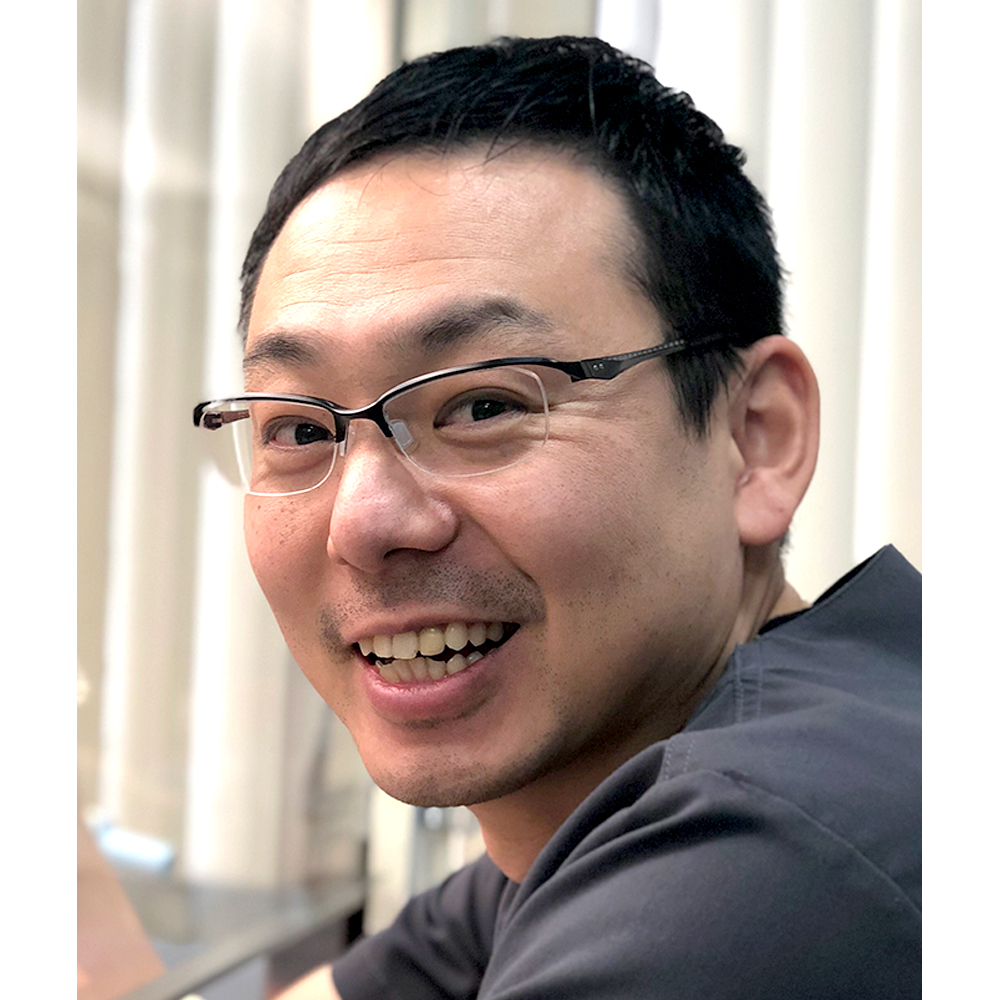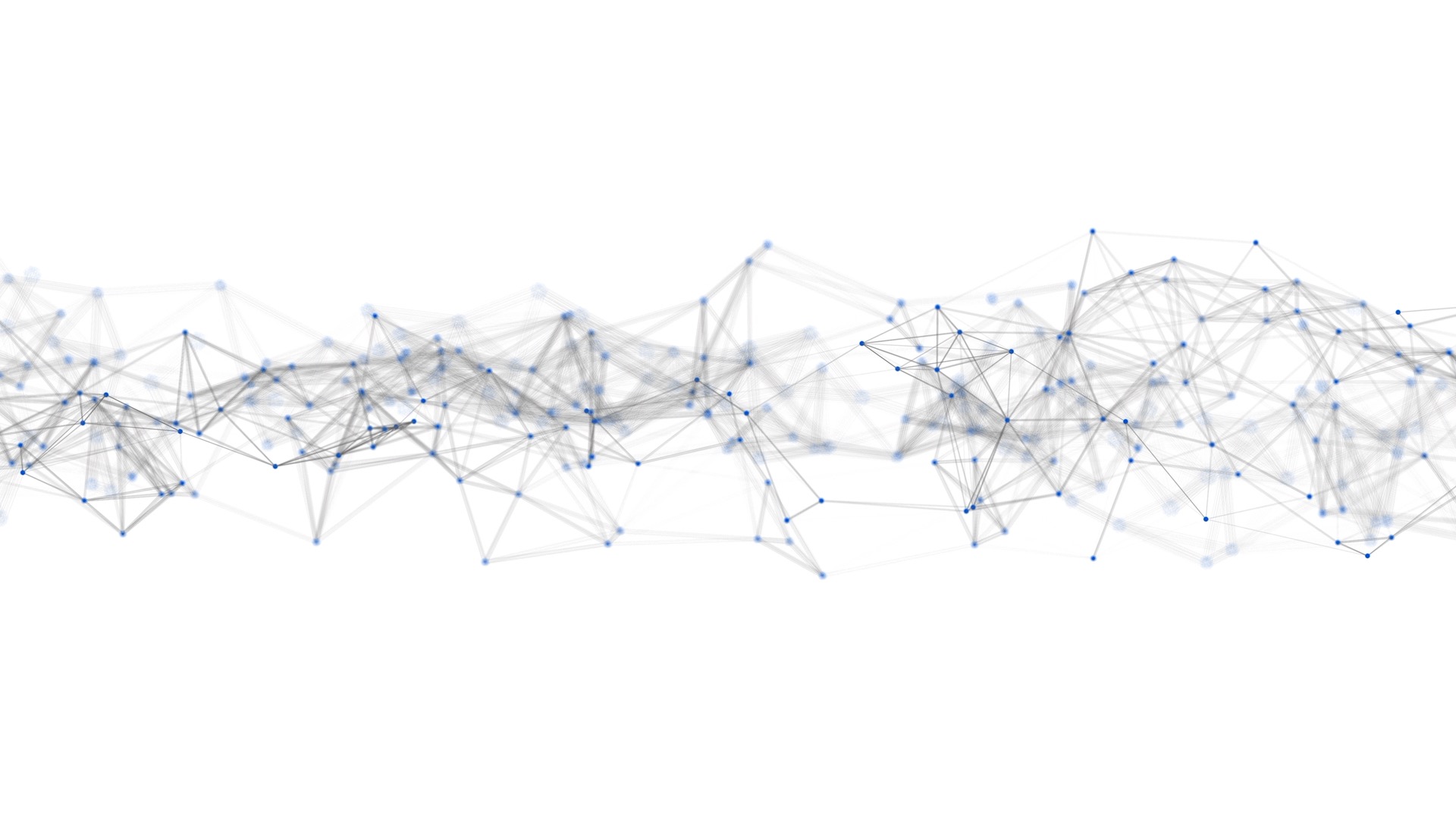
Yoshitaka Honda
| Position | Assistant Professor |
|---|---|
| Group name | Ueno Group |
| Research Field | Molecular Immunology, inborn errors of immunity |
| Awards | Young Investigator Award, The 46th Annual Meeting of the Japanese Society of Clinical Immunology (2018) |
| ORCID | https://orcid.org/0000-0001-6273-0648 |
| Joined | Apr. 1, 2021 |
Research Overview
1. To elucidate the molecular mechanisms underlying tissue-specific regulation of human adaptive immune response
The immune system detects invading pathogens and launch immune response to eliminate them. Recent evidence shows that regulatory mechanisms of immune response are drastically different and significantly impacted according to the anatomical location. These mechanisms enable to induce distinct types of adaptive immune responses optimal for the specific tissues and organs. However, the precise molecular mechanisms underlying tissue-specific regulation of the adaptive immune responses in various human organs and tissues remain largely unknown.
To address this problem, we will analyze the phenotypes and functions of the immune cells in various human tissues and organs.
2. To understand the molecular mechanism of early-onset autoimmunity in the inborn errors of immunity
Inborn errors of immunity (IEI) cause early-onset autoimmunity, malignancy and severe allergy as well as predisposition to various pathogens. However, the mechanistic link between autoimmunity and IEI remains largely unknown. To investigate molecular mechanisms which causes predisposition to autoimmunity in IEI, we will perform precise immune cell profiling and analyze the immune cells obtained from the patients or differentiated from disease-model iPS cells.
Biography
Yoshitaka Honda received clinical training as a pediatrician in Tazuke Kofukai Kitano Hospital (Apr. 2009 -Mar. 2014). He was engaged in the research of inborn errors of immunity as a graduate student (Apr. 2014-Mar. 2018), clinical fellow (Apr. 2018-Oct. 2020) and assistant professor (Nov. 2020-Mar. 2021) in the department of Pediatrics, Kyoto University Hospital. He obtained his PhD from Kyoto University (2020) and was appointed assistant professor of Ueno group in the Institute for the Advanced Study of Human Biology (ASHBi), Kyoto University (2021. Apr.).
Publications
Journal of Clinical Immunology. 2021. “Rapid flow cytometry-based assay for the functional classification of MEFV variants”, Honda Y*, Y Maeda*, Kazushi Izawa, Takeshi Shiba, Takayuki Tanaka, Haruna Nakaseko, Keisuke Nishimura, Hiroki Mukoyama, Masahiko Isa-Nishitani, Takayuki Miyamoto, Hiroshi Nihira, Hirofumi Shibata, Eitaro Hiejima, Osamu Ohara, Junko Takita, Takahiro Yasumi, Ryuta Nishikomori. (* equal contribution)
Arthritis Rheumatol. 2021. “Augmentation of STING-induced type I interferon production in COPA syndrome”, Kato T, Yamamoto M, Honda Y, Orimo T, Sasaki I, Murakami K, Hemmi H, Fukuda-Ohta Y, Isono K, Takayama S, Nakamura H, Otsuki Y, Miyamoto T, Takita J, Yasumi T, Nishikomori R, Matsubayashi T, Izawa K, Kaisho T.
Rheumatology (Oxford). 2020. “Successful treatment of spondyloenchondrodysplasia with baricitinib”. Shimizu M, Inoue N, Mizuta M, Irabu H, Okajima M, Honda Y, Nihira H, Izawa K, Yachie A, Wada T.
Ann Rheum Dis. 2020. “Clinical characteristics and treatment of 50 cases of Blau syndrome in Japan confirmed by genetic analysis of the NOD2 mutation”. Matsuda T, Kambe N, Ueki Y, Kanazawa N, Izawa K, Honda Y, Kawakami A, Takei S, Tonomura K, Inoue M, Kobayashi H, Okafuji I, Sakurai Y, Kato N, Maruyama Y, Inoue Y, Otsubo Y, Makino T, Okada S, Kobayashi I, Yashiro M, Ito S, Fujii H, Kondo Y, Okamoto N, Ito S, Iwata N, Kaneko U, Doi M, Hosokawa J, Ohara O, Saito MK, Nishikomori R; PIDJ members in the JSIAD; PIDJ (Primary Immunodeficiency and Autoinflammatory Diseases Database Project) members in the JSIAD (Japanese Society for Immunodeficiency and Autoinflammatory Diseases).
Mod Rheumatol. 2020. “Haploinsufficiency of A20 with a novel mutation of deletion of exons 2-3 of TNFAIP3.” Shimizu M, Matsubayashi T, Ohnishi H, Nakama M, Izawa K, Honda Y, Nishikomori R.


